Felix Reeves
Guest Reporter
Chancellor Rachel Reeves will unveil Labour's first Budget on Wednesday, October 30, with the eyes of the nation waiting to hear what "tough decisions" are to be rolled out. Several key motoring changes have been hinted at, with drivers anxious to see if prices will rise or the way they travel will be impacted.
The cost of motoring has spiralled in recent years and many are looking at the new Labour Government to provide help through new policies, tax cuts or even the scrappage of controversial features.
Fuel duty, car taxes and motor insurance have all caused issues for motorists amid fears prices could be hiked even further. Just days before the Chancellor stands before Parliament, drivers are still waiting for answers.
To help motorists prepare for the upcoming Autumn Statement, GB News has rounded up the most important changes that could be introduced next week.
Do you have a story you'd like to share? Get in touch by emailing [email protected]
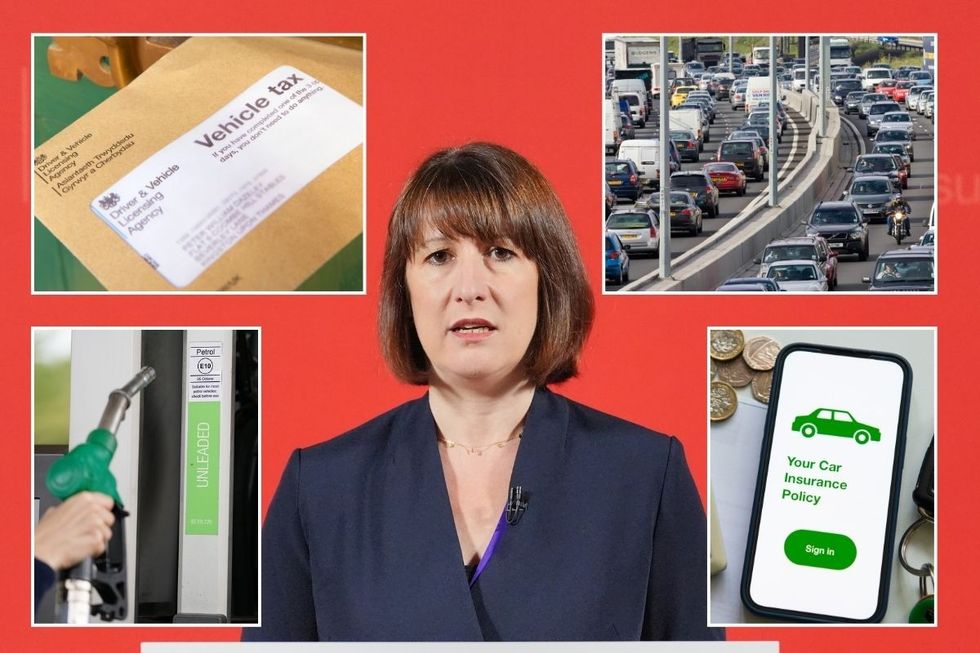
In 2022, then-Chancellor Rishi Sunak introduced a five pence per litre cut to the price of fuel in response to the Russian invasion of Ukraine which has since been extended twice.
While the 5p cut will expire in March next year, there are suggestions that the Chancellor could use fuel duty as a way to claw back finances. Some have even suggested an inflaton-linked hike to prices.
Since the cut was first unveiled, it was hoped that the average car driver would save £100 per year on their fuel. However, major retailers and supermarkets failed to pass on those savings, meaning many motorists missed out.
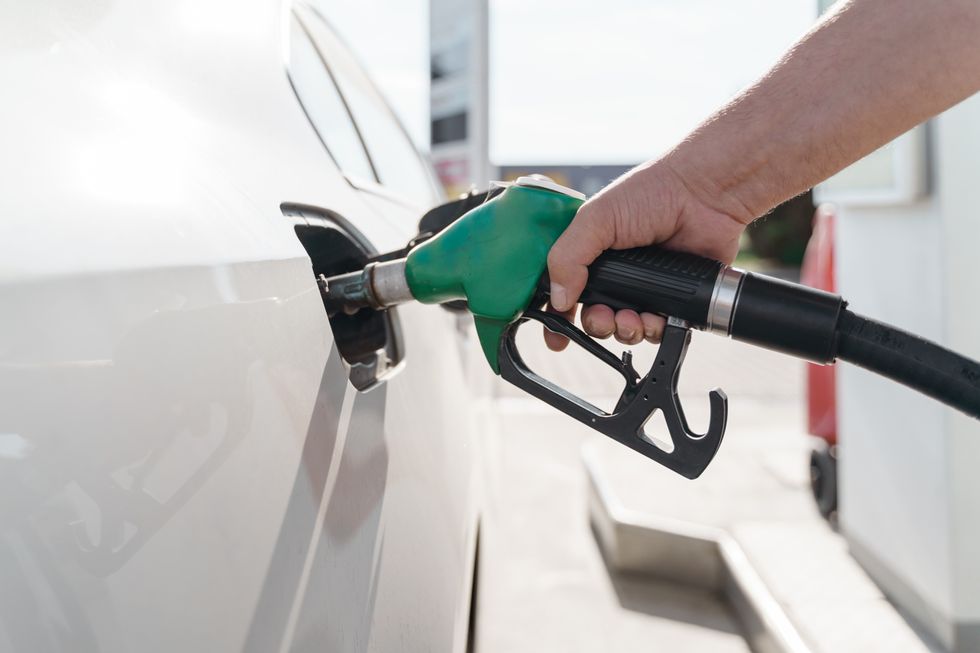
Petrol and diesel prices have been falling since the start of the year, with optimism that this will continue. Motorists could see a slight jump in prices if fuel duty were to be hiked by around 7p.
Speaking previously to GB News, Keir Starmer said that Labour would look at fuel duty on a "Budget-by-Budget" basis.
An HM Treasury spokesperson told GB News: "Following the spending audit, the Chancellor has been clear that difficult decisions lie ahead on spending, welfare and tax to fix the foundations of our economy and address the £22billion hole in the public finances left by the last Government.
"Decisions on how to do that will be taken at the Budget in the round."
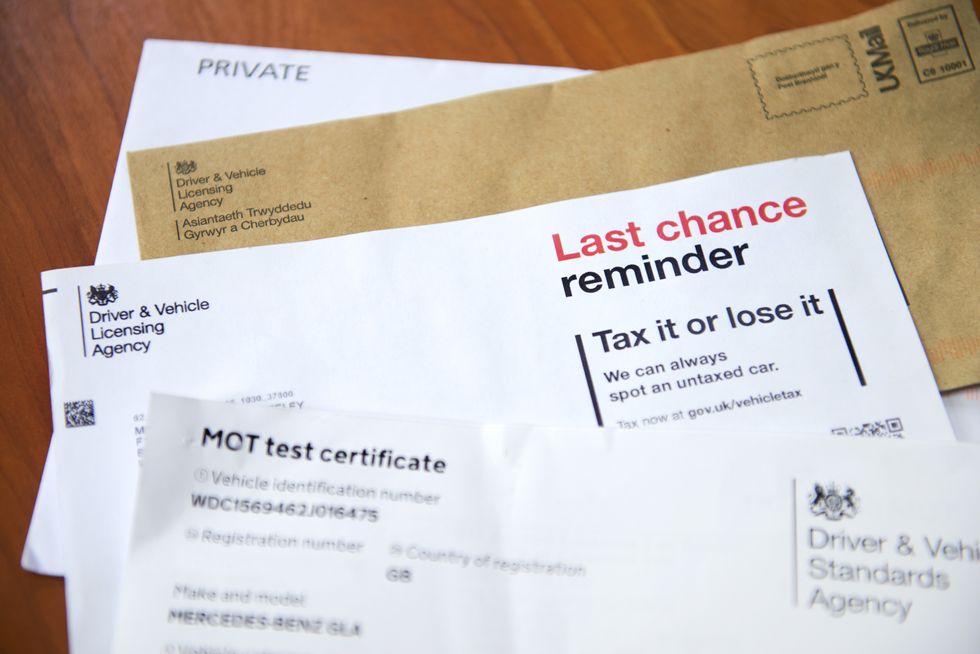
Road pricing has become a popular topic of discussion once again as experts warn the Government that they could see revenue fall even further without an overhaul to the current system of motoring taxation.
A system of pay-per-mile car tax could be rolled out in the near future after Treasury officials told the previous Government that such actions could be necessary to ensure fuel duty receipts don't run out.
As more drivers switch to electric vehicles, the amount of petrol and diesel being purchased will fall, meaning the Government could end up losing as much as £35billion per year.
LATEST DEVELOPMENTS:
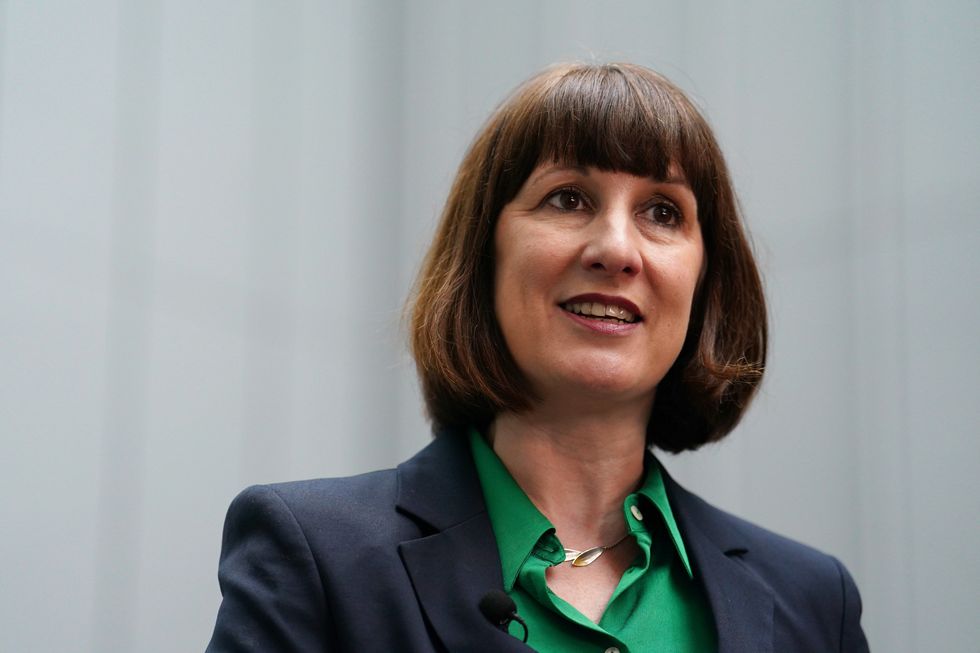
Organisations like the Tony Blair Institute for Global Change and the Campaign for Better Transport have called on the Government to introduce a pay-per-mile system to ensure all drivers pay a fair portion.
This would work by charging all motorists a flat fee for every mile they drive. Suggestions have ranged from 1p per mile to 5p per mile or even as much as 15p per mile.
Speaking to GB News, an HM Treasury spokesperson said: "We have no plans to introduce road pricing.
"We are committed to supporting our automotive sector as we transition to electric vehicles in order to meet our legally binding climate targets."
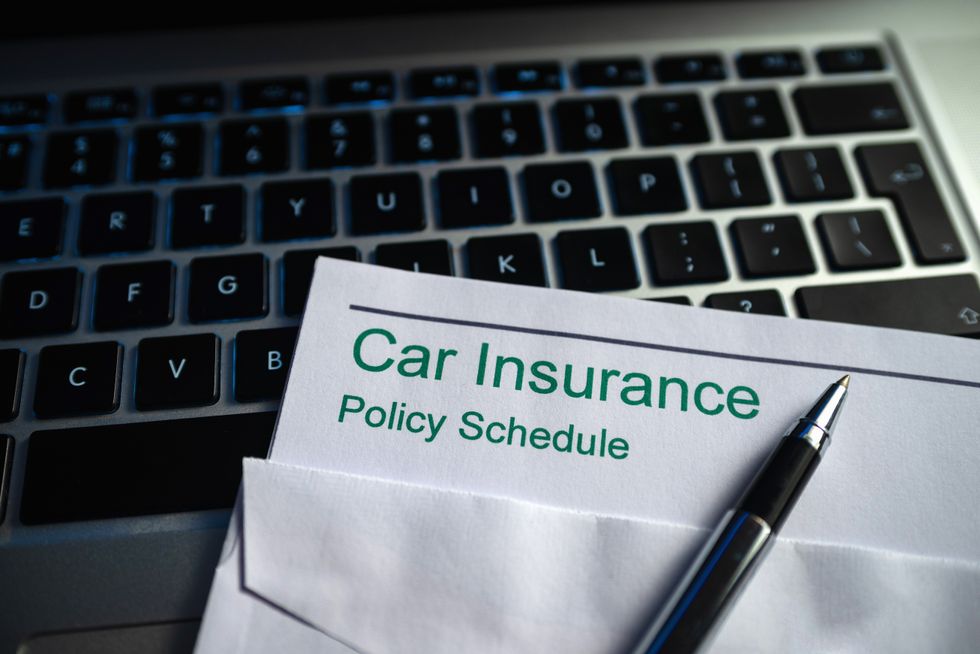
Recently, Transport Secretary, Louise Haigh, and Economic Secretary to the Treasury, Tulip Siddiq, launched a new taskforce to crack down on spiralling car insurance costs.
Such measures were included in the Labour manifesto, with prices rising an average of 21 per cent in the last two years alone.
The taskforce will identify the factors behind rapidly rising premiums and will agree to solutions to keep costs under control, analysing inflation, rising car thefts and the amount of potholes on roads.
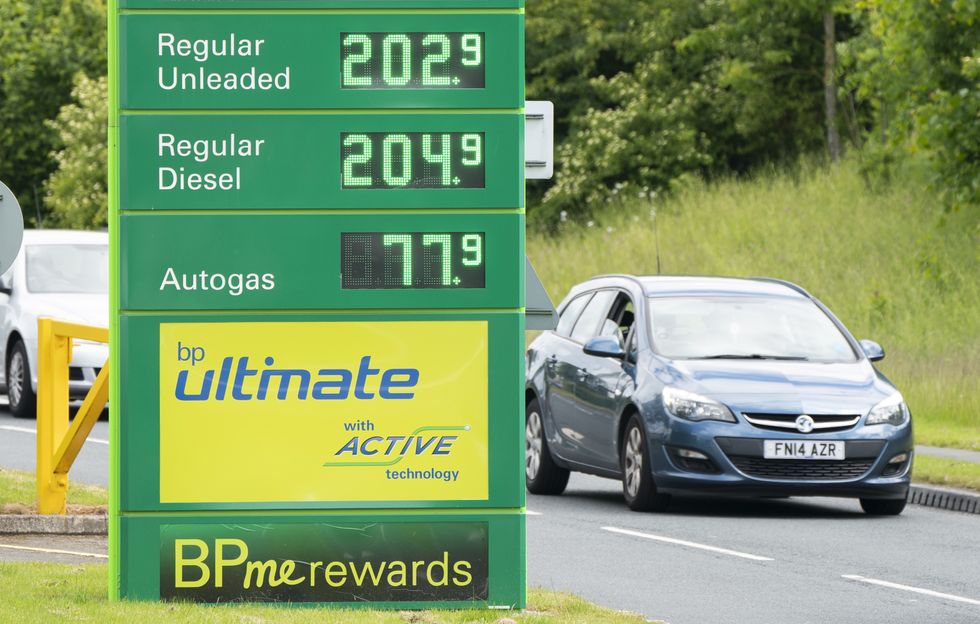
In January, it was announced that the Government would launch a consultation to make it easier for motorists to see how much fuel is in their area through a PumpWatch scheme.
The scheme would see real-time fuel data be published to show where the cheapest petrol and diesel prices could be found. Former Energy Security Secretary Claire Coutinho said it would promote competition and transparency.
The new Labour Government have not yet hinted at whether they will move forward with such measures, although it could be seen as a suitable measure if fuel duty rates were to be hiked.
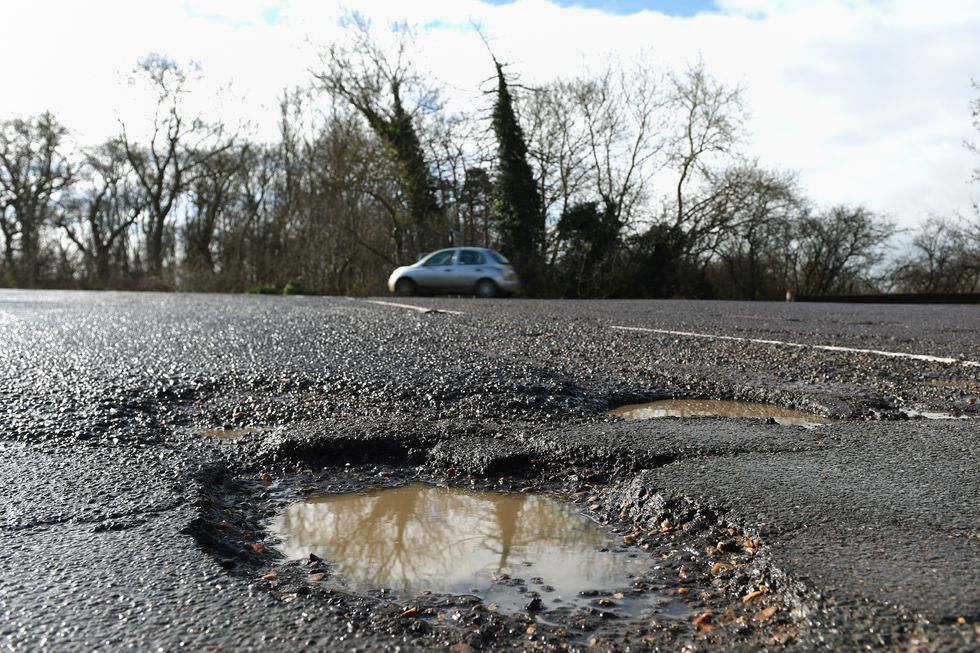
Rachel Reeves could provide extra funding to the Potholes Fund, which is currently £8.3billion. Labour highlighted the issue of potholes heavily during the lead-up to the election, saying they were a "visible sign of the decline after 14 years of Conservative rule".
Labour pledged to maintain and renew the road network by fixing an additional one million potholes across England in each year of the next parliament.
This is being funded by deferring the A27 bypass project, which was described as "poor value for money". Many motorists will be hoping for additional support as they navigate the scourge of potholes on Britain's roads.
Find Out More...
The cost of motoring has spiralled in recent years and many are looking at the new Labour Government to provide help through new policies, tax cuts or even the scrappage of controversial features.
Fuel duty, car taxes and motor insurance have all caused issues for motorists amid fears prices could be hiked even further. Just days before the Chancellor stands before Parliament, drivers are still waiting for answers.
To help motorists prepare for the upcoming Autumn Statement, GB News has rounded up the most important changes that could be introduced next week.
Do you have a story you'd like to share? Get in touch by emailing [email protected]

Fuel duty
In 2022, then-Chancellor Rishi Sunak introduced a five pence per litre cut to the price of fuel in response to the Russian invasion of Ukraine which has since been extended twice.
While the 5p cut will expire in March next year, there are suggestions that the Chancellor could use fuel duty as a way to claw back finances. Some have even suggested an inflaton-linked hike to prices.
Since the cut was first unveiled, it was hoped that the average car driver would save £100 per year on their fuel. However, major retailers and supermarkets failed to pass on those savings, meaning many motorists missed out.

Petrol and diesel prices have been falling since the start of the year, with optimism that this will continue. Motorists could see a slight jump in prices if fuel duty were to be hiked by around 7p.
Speaking previously to GB News, Keir Starmer said that Labour would look at fuel duty on a "Budget-by-Budget" basis.
An HM Treasury spokesperson told GB News: "Following the spending audit, the Chancellor has been clear that difficult decisions lie ahead on spending, welfare and tax to fix the foundations of our economy and address the £22billion hole in the public finances left by the last Government.
"Decisions on how to do that will be taken at the Budget in the round."

Car tax
Road pricing has become a popular topic of discussion once again as experts warn the Government that they could see revenue fall even further without an overhaul to the current system of motoring taxation.
A system of pay-per-mile car tax could be rolled out in the near future after Treasury officials told the previous Government that such actions could be necessary to ensure fuel duty receipts don't run out.
As more drivers switch to electric vehicles, the amount of petrol and diesel being purchased will fall, meaning the Government could end up losing as much as £35billion per year.
LATEST DEVELOPMENTS:
- 'Game-changer' electric Kia EV3 named Car of the Year for great price and impressive range - full list of winners
- New car insurance update will crack down on measures that 'increase the cost of premiums for honest drivers'
- Sadiq Khan could force drivers off major bridge in London as works begin next week to 'prioritise safety'

Organisations like the Tony Blair Institute for Global Change and the Campaign for Better Transport have called on the Government to introduce a pay-per-mile system to ensure all drivers pay a fair portion.
This would work by charging all motorists a flat fee for every mile they drive. Suggestions have ranged from 1p per mile to 5p per mile or even as much as 15p per mile.
Speaking to GB News, an HM Treasury spokesperson said: "We have no plans to introduce road pricing.
"We are committed to supporting our automotive sector as we transition to electric vehicles in order to meet our legally binding climate targets."

Car insurance
Recently, Transport Secretary, Louise Haigh, and Economic Secretary to the Treasury, Tulip Siddiq, launched a new taskforce to crack down on spiralling car insurance costs.
Such measures were included in the Labour manifesto, with prices rising an average of 21 per cent in the last two years alone.
The taskforce will identify the factors behind rapidly rising premiums and will agree to solutions to keep costs under control, analysing inflation, rising car thefts and the amount of potholes on roads.

PumpWatch
In January, it was announced that the Government would launch a consultation to make it easier for motorists to see how much fuel is in their area through a PumpWatch scheme.
The scheme would see real-time fuel data be published to show where the cheapest petrol and diesel prices could be found. Former Energy Security Secretary Claire Coutinho said it would promote competition and transparency.
The new Labour Government have not yet hinted at whether they will move forward with such measures, although it could be seen as a suitable measure if fuel duty rates were to be hiked.

Potholes
Rachel Reeves could provide extra funding to the Potholes Fund, which is currently £8.3billion. Labour highlighted the issue of potholes heavily during the lead-up to the election, saying they were a "visible sign of the decline after 14 years of Conservative rule".
Labour pledged to maintain and renew the road network by fixing an additional one million potholes across England in each year of the next parliament.
This is being funded by deferring the A27 bypass project, which was described as "poor value for money". Many motorists will be hoping for additional support as they navigate the scourge of potholes on Britain's roads.
Find Out More...